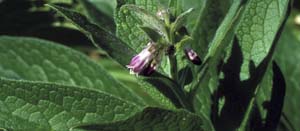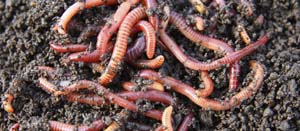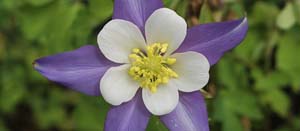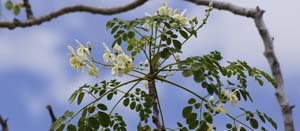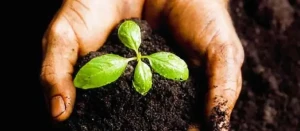SEARCH RESULTS > ARTICLES > growth
Regulating the pH in your garden using organic methods is a sustainable and environmentally friendly way to ensure healthy plant growth. Here are several organic methods to adjust and maintain the pH in your garden: Learn More
Companion planting is a gardening practice where you strategically plant different types of crops near each other to take advantage of the potential benefits they can offer each other. This can include improving growth, deterring pests, enhancing flavor, and maximizing space. Here's why and how you can use companion planting in your garden. Learn More
The microbiome in your garden soil refers to the diverse community of microorganisms that inhabit the soil. These microorganisms play a crucial role in maintaining soil health, nutrient cycling, and plant growth. The soil microbiome consists of various organisms, including bacteria, fungi, archaea, viruses, and microfauna (such as nematodes and protozoa). Here are some key points about the microbiome in garden soil. Learn More
Worms in your garden provide several benefits, making them valuable allies for gardeners and the overall ecosystem. Here are some of the advantages of having worms in your garden. Learn More
Permaculture is a holistic and sustainable approach to designing and managing human settlements, agriculture, and ecosystems. The term "permaculture" is derived from "permanent agriculture" and "permanent culture," reflecting its core principles of sustainability and harmonious living with nature. In this introduction, we'll explore the fundamental principles and practices of permaculture, emphasizing its potential to create resilient and regenerative systems for the benefit of both people and the planet. Learn More
Annual plants are a type of plant that completes its entire life cycle, from germination to flowering and seed production, within a single growing season. These plants are known for their relatively short life spans, typically lasting for one year or less. Learn More
Perennials are plants that live for more than two years, and in many cases, they can live for many years or even decades. Unlike annuals, which complete their life cycle within a single growing season, perennials regrow and bloom year after year. Learn More
Restoring soil health in your garden is essential for maintaining fertile and productive land. Here are 13 steps to help you improve and restore your garden soil Learn More

